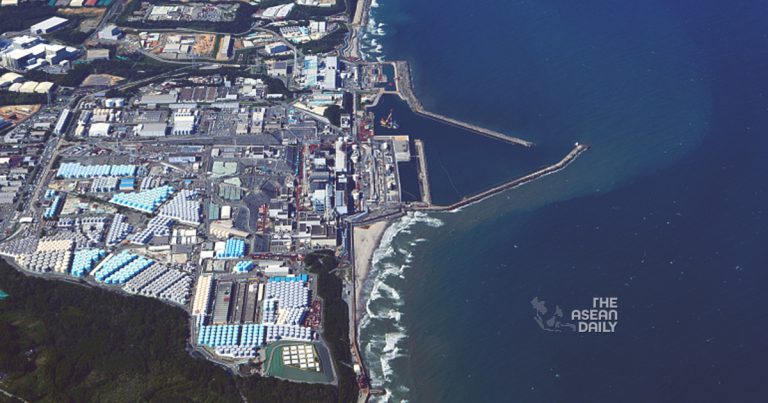27-8-2023 (TOKYO) Japan’s Ministry of the Environment has reported that recent tests of seawater near the Fukushima nuclear power plant have not detected any radioactivity. This announcement comes shortly after Japan began releasing treated water from the Fukushima facility into the Pacific Ocean, a move that has stirred protests both within Japan and from neighboring countries.
The ministry conducted tests on samples collected from 11 different points near the plant, and the results showed concentrations of the radioactive isotope tritium to be below the lower limit of detection, measuring 7 to 8 becquerels of tritium per litre. According to the ministry, this level of tritium in the seawater “would have no adverse impact on human health and the environment.”
To ensure transparency, the ministry plans to release test results on a weekly basis for at least the next three months. After this initial period, the timing of further disclosures will be reviewed.
Japan’s Fisheries Agency also reported that tests conducted on fish in the waters surrounding the plant did not detect tritium.
Plant operator Tokyo Electric Power Co (TEPCO) previously stated that seawater near the facility contained less than 10 becquerels of tritium per litre, well below its self-imposed limit of 700 becquerels and significantly below the World Health Organization’s limit of 10,000 becquerels for drinking water.
TEPCO reaffirmed on Sunday that it had not observed any significant changes in the situation.




